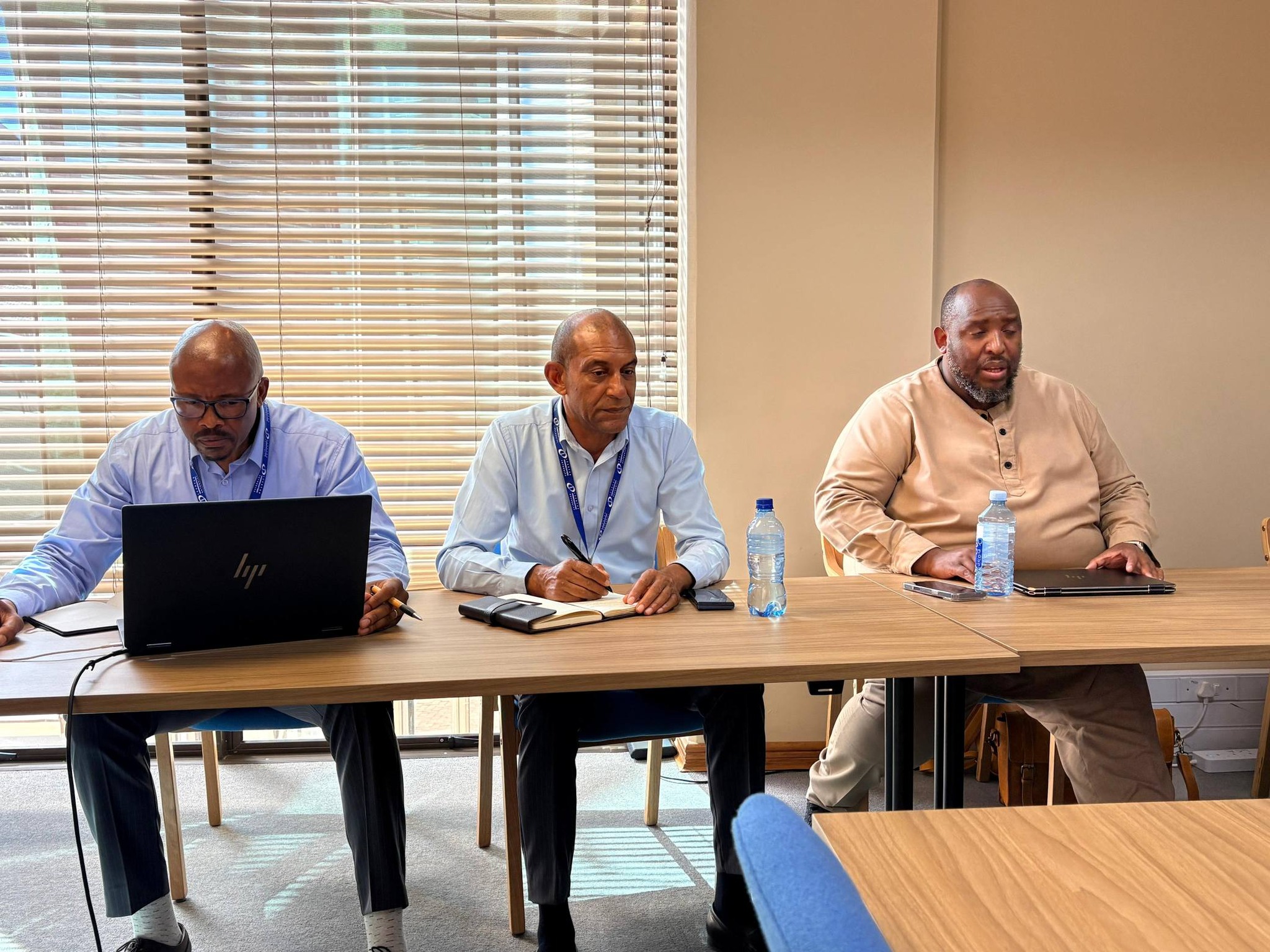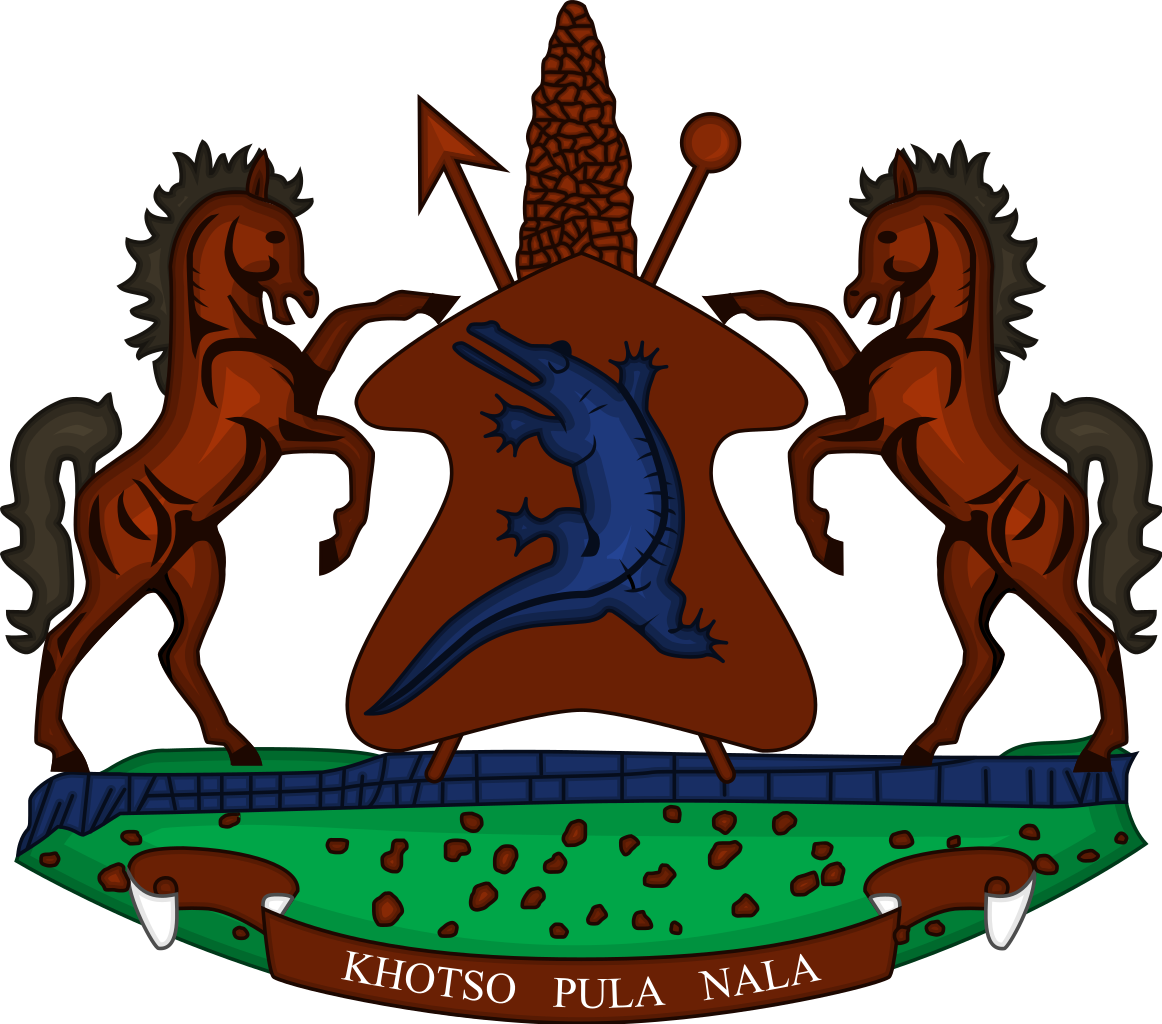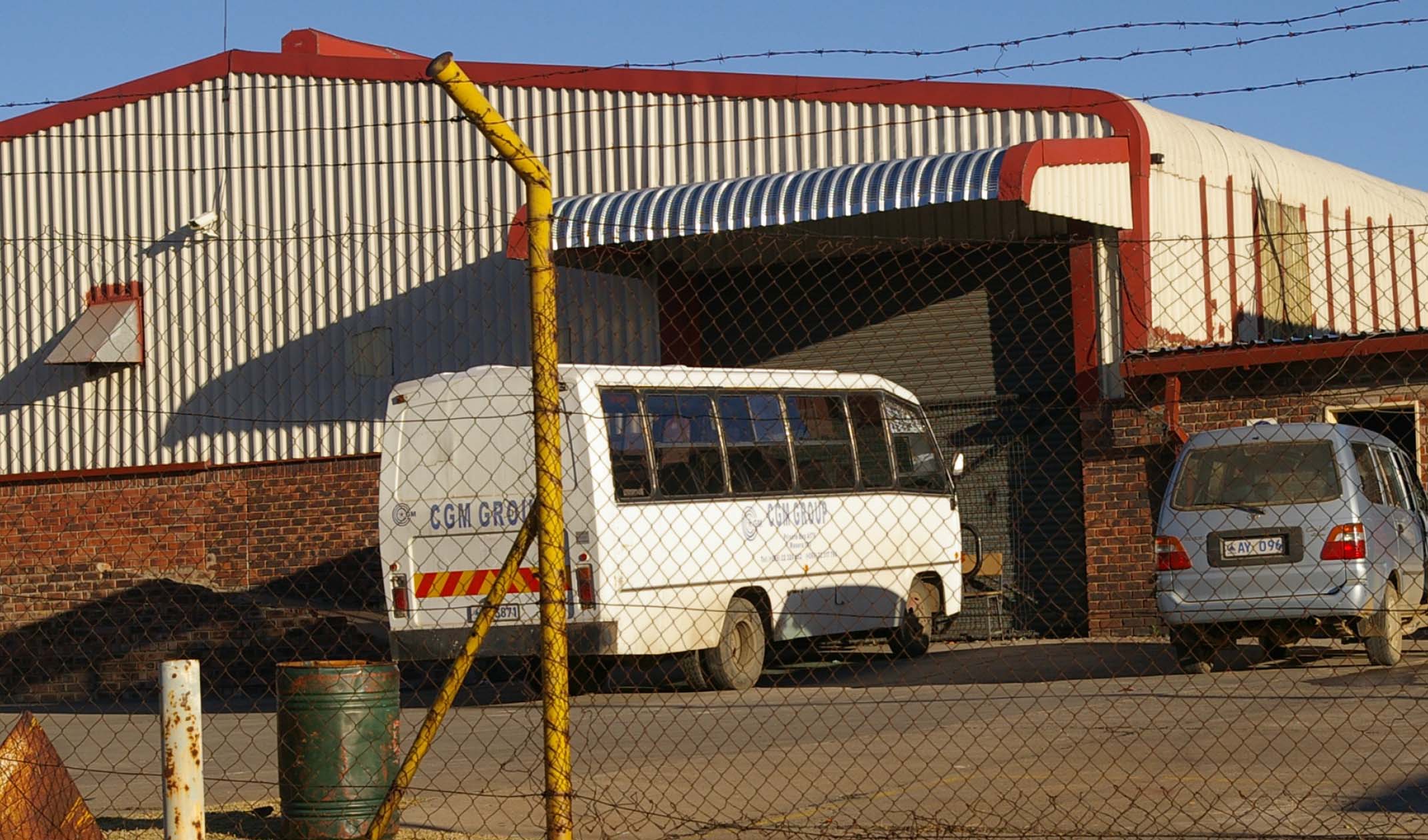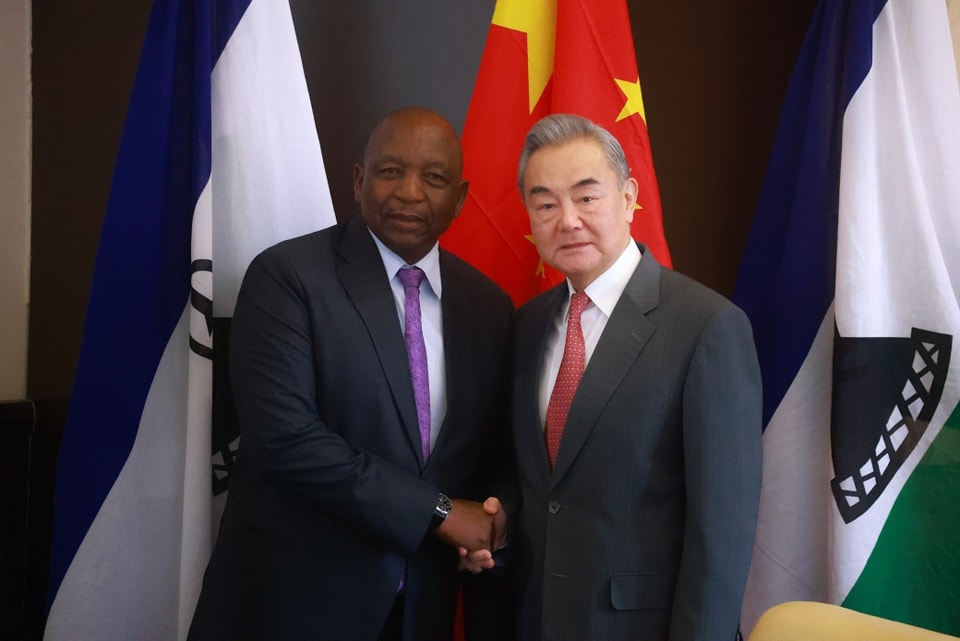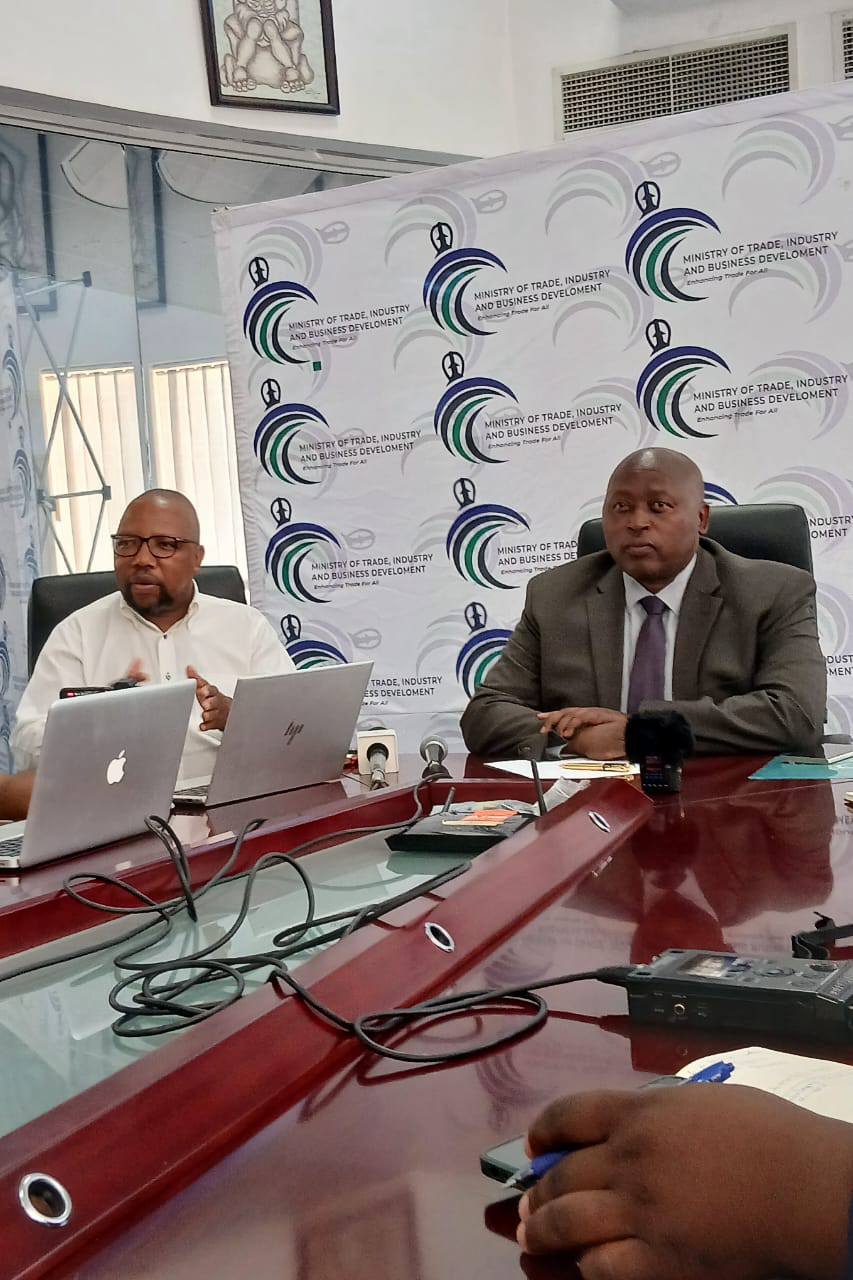The Minister of Trade and Industry, Dr Mahala Molapo says Lesotho textile and apparel must shift the focus to a more suitable and longer-term approach that will help the country to merge.
He said this when officially opening the Seminar on Revitalisation of Lesotho’s Manufacturing Export Sector.
He mentioned that there was a strong consciousness that new markets and opportunity investment must be identified, saying this came up during the stakeholders meeting where they discussed the challenges and investment opportunities facing the textile and apparel sector.
He noted that following this stakeholders’ meeting, a study was conducted, saying its findings came at a critical time as Lesotho takes the health economic impact of a covid-19 pandemic.
He stressed that textile and apparel is one of the sectors that were strongly hit by COVID-19 and resulted in the decline of Lesotho made products.
Presenting the study, Dr Andres Saldias said Lesotho does not produce cotton, saying the major supply of cotton for Lesotho include countries like Zambia, South Africa, Mozambique and Tanzania.
He noted that as far as fabric and textile is concerned, there are only a few embroidery companies and printing companies, noting that this is a great opportunity for the incubation of SMEs.
He stressed that Lesotho’s performance in the major markets that include the US has with 69 percent and South Africa with 26.6 percent, remarking that since 2017 the exports are not growing instead are declining and that there are no investments in the country.
He said China is the largest supplier to Lesotho and Lesotho is the largest exporter to China, however noting that it has declined by 30% due to COVID-19.
He singled out the business approach to be implemented to increase production in the country as improved logistics, speed to market, highly skilled labour needs, increased revenue to factories and the country earnings, potential High-value investments inflow to the country.
According to the study, the Lesotho National Development Cooperative (LNDC) is recommended to be designed with an operative, dedicated and exclusive branch to promote investments in the TA sectors so that the country can visible to potential investors.
The study further recommends the government to design and build 10 industrial infrastructure plug sheds ready for the textile manufacturing and services needed.
The government of Lesotho has included Textile and Apparel among its list of key priorities due to their impact on job creation and envisioned to transform the economy and archive higher levels of social and economic development.
The key overarching policy objectives for promoting the TA is to harness the potential opportunities for creating job, boosting value addition and enhancing foreign exchange earnings.
These sectors are envisioned to be a catalyst for archiving the core objectives of the National Strategic Development Plan II (NSDP II); which focuses on promoting competitiveness and export-led growth.
This seminar comes after the Ministry of Trade and Industry together with the Prime Minister’s Office Delivery Unit and World Bank hosted the seminar where they discussed challenges and investment opportunities facing the textile and apparel. The meeting was financed by World Bank.
By Staff Reporter: ‘Maphoka Likotsi
